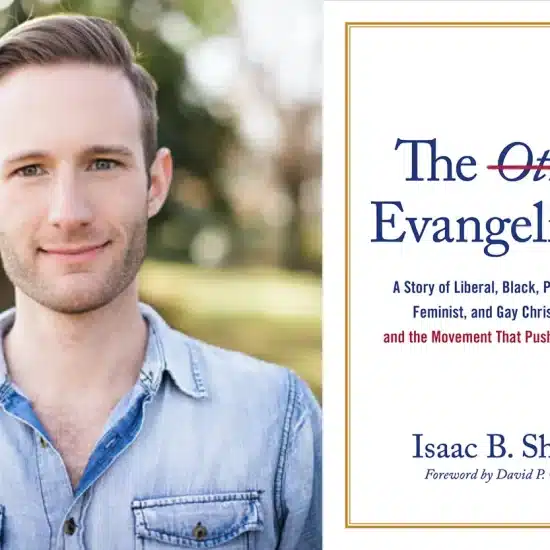DULUTH, Ga. (ABP)—Younger evangelical pastors are less likely to self-identify as conservatives than older generations and more apt to view social justice as a gospel imperative, LifeWay Research director Ed Stetzer told a group of evangelical environmental activists.
Citing research including yet-unreleased findings by the research arm of the Southern Baptist Convention publisher LifeWay Christian Resources, Stetzer said solid evidence shows younger evangelicals are growing more socially conscious.
“I think ultimately that we are at a season right now where the issues of social justice are growing, and a desire to integrate compassion and commission are clearly evident among younger evangelicals and evangelicals as a whole,” Stetzer said during a session of the Flourish conference at Cross Pointe Church in Duluth, Ga.
The trend of evangelical interest in social justice—evidenced in major ministries like Rick Warren’s global PEACE plan and the Evangelical Climate Initiative—has both advocates and detractors, Stetzer said. And both sides define the term “social justice” in different ways.
“In general, it refers to activist programs that benefit individuals and objectives—which might not have a voice without some kind of cooperative advocacy—in order to bring about a more just world,” Stetzer said.
Social justice has roots both in historical Catholic and Protestant traditions, but it lost credibility among evangelicals during the “Social Gospel” movement of the 20th century, he explained.
That movement, championed chiefly by mainline Protestant theoogians, linked social ministry to liberal theology that questioned biblical authority.
Conservative detractors believe “the social-justice movement is simply the Social Gospel for a new century,” Stetzer said.
“They suggest that adjusting the nomenclature—‘gospel’ instead is replaced with the word ‘justice’—is a naive attempt to avoid the same results of the Social Gospel while using the same theological basis that led to the Social Gospel movement, which most evangelicals would consider having gone on a wrong track,” he said.
The Social Gospel was based on a “post-millennial” theology that believed it possible to establish God’s kingdom on Earth, Stetzer said.
A main reason it lost influence, he asserted, was introduction of philosophies and theologies that moved some mainline churches away from positions that conservatives viewed as orthodox Christianity.
Today’s younger evangelicals reject teaching that undermines fundamental tenets of Christianity and instead “believe they are placing an emphasis on fulfilling all of the commands in Scripture and ministering to others rather than an eschatological imperative.”
“Younger evangelicals are being engaged in acts of social justice through creation care, addressing poverty and disease and other major forms of engagement as a way to do what they see as fulfilling all the commands of the New Testament,” Stetzer said.
“The evangelical groups engaged in social-justice ministry often are explicitly evangelical and make points of such in their statements of faith.”
At the heart of contemporary justice concern is “involvement with and on behalf of people and causes that might otherwise be neglected,” he said. It involves “activism and advocacy to create a more just world.”
Stetzer said some critics of the movement think it is overblown and largely a creation of the media.
“With names like Cameron Strang, son of a prominent conservative Pentecostal, and Jonathan Merritt, son of a prominent conservative Southern Baptist, often sought for quotes, some complain that the media seek them out just because they agree with positions more widely identified as (politically) Democratic,” he said. “Others have objected to those characterizations.”
Supporters see the movement as “not a liberalization of evangelicals” but rather “a rounding out of the gospel message,” Stetzer said.
Young evangelicals are less apt than their elders to identify themselves as conservative or very conservative on social issues, but it isn’t clear whether that is a permanent shift or if evangelicals in their 20s and 30s will become more conservative as they grow older, he noted.
“We cannot say that this is a result of a shift in worldview that will track itself as people age, but we can say there is a statistically significant difference in the identification of ‘very conservative’ among younger evangelical pastors,” he said.
“We do see a shift, particularly with those who identify as the most conservative.”






